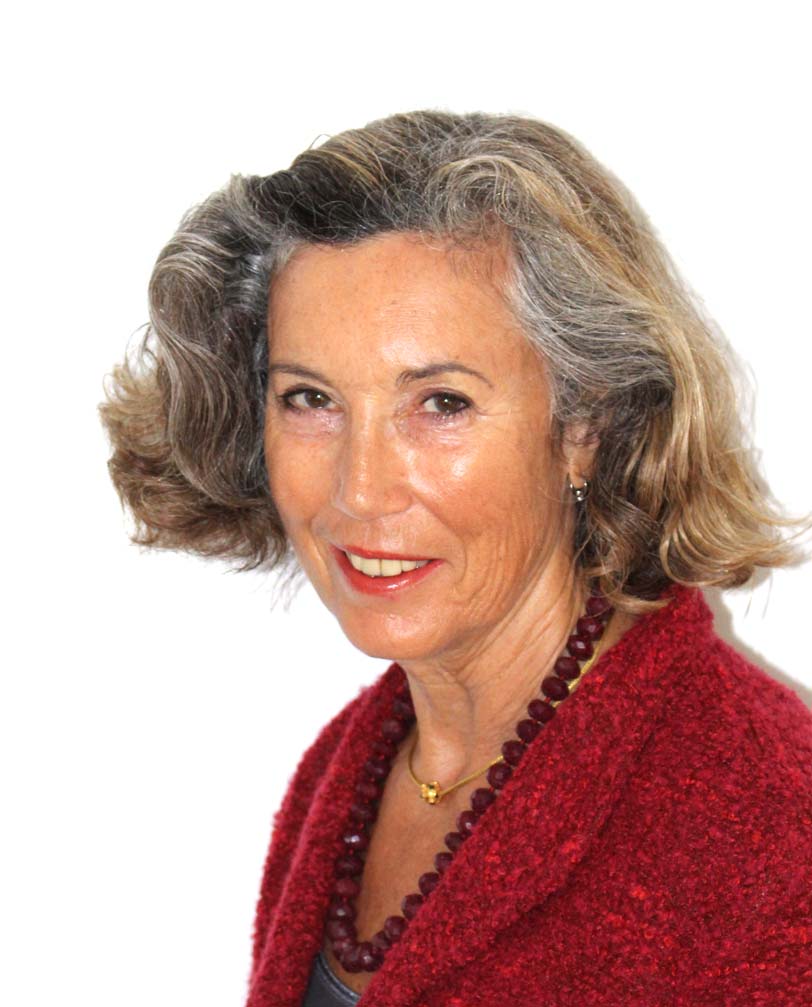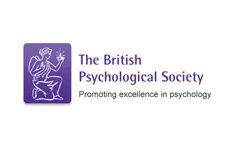About Annie Gurton
Skilled and experienced Individual Therapist and Couples Counsellor
Annie Gurton
Psychological Therapist and Counsellor
Annie uses a mixed toolbox of psychotherapeutic techniques, theories and approaches which include elements of classical Rogerian Person-Centred, Human Givens, Freudian, Adlerian, NLP, CBT, NVC, Ericksonian Relaxation & Hypnotherapy with Guided Visualisation, Solution-Focussed Brief Therapy, Family Constellations and Attachment Theory. Annie uses the Imago Dialogue when working with couples and individuals in relationship work.
She is highly respected as an advanced and experienced practitioner, with a large client base who like to return whenever they feel the need (“think of me like a doctor or a dentist – here for you whenever you need me, or for a check-up”). She receives many referrals through ex-clients who tell their family and friends about her empathetic approach and authentic listening skills.
“I am a mature, skilled and experienced Psychological Therapist and Counsellor, able to deal with many kinds of emotional and psychological troubles.
My aim is to speedily get you back to happy, healthy living and not to engage you in long term therapy, if possible. However if your difficulty has its roots in deep-seated issues, I will work with you for as long as it takes.
If all you need is some guidance I can also be a Life-Coach.
If you are another therapist or student therapist, I provide Supervision.”
I hold the following qualifications and registrations:
• A Masters in Psychotherapy from NTU (Nottingham Trent University)
• A BSc (Hons) in Psychology
• A BA (Hons) in Humanities
• The Human Givens Post-Graduate Diploma (the HGI professional assessment of competence
• And I am a registered Human Givens Therapeutic Practitioner (HG.Dip.P.)
• I am a member of the BACP (British Association of Counselling and Psychotherapy).
• I am a graduate member of the BPsS (British Psychological Society)
• I am a clinical member of CAPA (The Counsellors and Psychotherapists Association of NSW)
• I am a member of the European Therapy Studies Institute.
• I am a Registered Supervisor with CAPA NSW.
• I am a certified Imago Relationships Therapist (IRT)
My therapy takes an integrated approach and is predominantly guided by the non-judgemental approach of Carl Rogers.
I also use the concepts, principles and methodologies of Human Givens, which is a solution-focussed, goal-orientated, person-centred brief approach to therapy. It is a combination of proven old and modern techniques and theories, integrating ancient yogic practices and psychotherapeutic theories, the most modern understandings of how the brain works and our fundamental emotional needs and resources. You can find out more about Human Givens by clicking on www.hgi.org.uk
I also integrate several other techniques to create a mixed toolbox of person-centred approaches, tailored in the therapy room to meet the individual needs of each client. These other techniques include:
• Mindfulness (becoming more aware of the present and taking the focus away from the past or the future)
• Family Constellations, or Trans-Generational Healing
• NLP: NeuroLinguistic Programming which helps work with the neurobiology and emotional patterning of the brain
• CBT: Cognitive Behavioural Therapy which helps re-pattern ingrained responses to certain thoughts and behaviours
• Psychoanalysis following a Freudian approach, in which current emotions and actions are explained by seeing them as a consequence of childhood experiences.
• Relaxing hypnotic and visualisation techniques which help to re- calibrate emotional responses and behavioural patterns.
• Reiki, to hold the space between client and therapist, also known as the Therapeutic Alliance.
… all delivered through a Rogerian Person-Centred approach.
My main influences are: James, Freud, Adler, Erickson, Maslow, Ellis, Frankl, Bowlby, Seligman, Rogers, Perls, O’Connell, Griffin, Tyrell and Csikszentmihaly
Previous clients who are now living calm, contented lives came to me experiencing one or more of the following issues:
• Anxiety
• Depression
• Bereavement and grief
• Addiction (food/drugs/alcohol/gambling/behaviours/thoughts)
• Anger
• Fear
• Obsession
• Guilt
• Abuse
• Domestic violence
• Eating disorders
• Personality disorders
• PTSD (post-traumatic stress disorder)
• OCD (obsessive compulsive disorder)
• Bipolar/manic depression
• Asperger’s Syndrome
• BPD (borderline personality disorders)
• Relationship breakdowns
• or general feelings of confusion and/or unhappiness.



